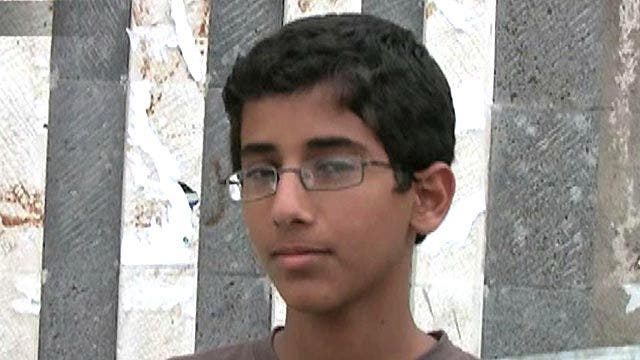The Trench is less interested in becoming mired in al-Awlaki's case, and the questions of whether he constituted an imminent threat and qualified for treason. The U.S.-born preacher had urged jihadists to attack the U.S. homeland and will never win a legal battle regarding his citizenship. Khan's involvement with Inspire magazine, al-Qaeda in the Arabian Peninsula's (AQAP) main propaganda outlet, also leaves no alternatives for a U.S. court. Two overarching debates were heard by the FIOA's end: the constitutional legality of targeted assassinations against U.S. citizens, and whether the U.S. public has a right to transparency.
These issues, though obviously vital to America's health and privacy, ignore another fundamental and interconnected dilemma: U.S. counter-terrorism is making more opponents in Yemen.
These issues, though obviously vital to America's health and privacy, ignore another fundamental and interconnected dilemma: U.S. counter-terrorism is making more opponents in Yemen.
In the aftermath of al-Awkali's death, which triggered a miniature replica of Osama bin Laden's killing, the Obama administration readily manipulated a "brand name" to justify an ongoing militarization of the country - a plan that the American majority remains indifferent to. By branding him as the leader or else a high-ranking strategist of AQAP (a ploy that just repeated today), the White House failed to correct exaggerations of his importance in the U.S. mainstream media. Al-Awlaki did run with the group's core and considered himself a planner, preacher and propagandist, but he was far from AQAP's most valuable figure. He's probably more valuable dead, and AQAP has continued to grow its organization in his absence.
A U.S. court of law naturally takes minimal interests in these transgressions.
Of greater concern to The Trench is the blatantly unlawful assassination of al-Awlaki's 16-year old son, Abdulrahman, to be treated in depth shortly. Droned three weeks later at a barbecue without the fanfare of his father, the Denver-born Abdulrahman was unassociated with his father's radical teachings and killed without committing a crime. This heinous act was recognized as such by the Obama administration's own coverup; Abdulrahman's killing has yet to be formally addressed directly, and only recently admitted indirectly by anonymous U.S. officials.
His death was excused as "an outrageous mistake" in a Washington Post report that "coincidentally" glorify John Brennan's "true model" of counter-terrorism in Yemen.
Due to ambiguity and denial, the court ruled out the release of his records because no admission was made by the Obama administration. Gross perversity of circular logic is difficult to explain: because the White House didn't talk about a murder it committed, America's courts can't either. The ultimate tragedy of Abdulrahman being erased from the SDNY's ruling, beyond his personal suffering and his family's irreplaceable loss, is how Abdulrahman represents the average Yemeni plight. Few to no Yemeni-Americans are plotting within AQAP to bring down America, while millions of Yemenis live and sleep under drone patrols, and they can't count on either government for protection or accountability.
Yemen's transitional government remains under a heavy American arm and has blocked numerous investigations into civilian casualties, overburdening the remnants of Ali Abdullah Saleh's legal system. Meanwhile the U.S. court system is unlikely to provide any recourse to Yemenis or Yemeni-Americans who become victims of America's escalating war with AQAP.
This policy generates no possibility of improving American relations with Yemen's people - the key to defeating AQAP - and smothers all light of justice.
Yemen's transitional government remains under a heavy American arm and has blocked numerous investigations into civilian casualties, overburdening the remnants of Ali Abdullah Saleh's legal system. Meanwhile the U.S. court system is unlikely to provide any recourse to Yemenis or Yemeni-Americans who become victims of America's escalating war with AQAP.
This policy generates no possibility of improving American relations with Yemen's people - the key to defeating AQAP - and smothers all light of justice.



No comments:
Post a Comment